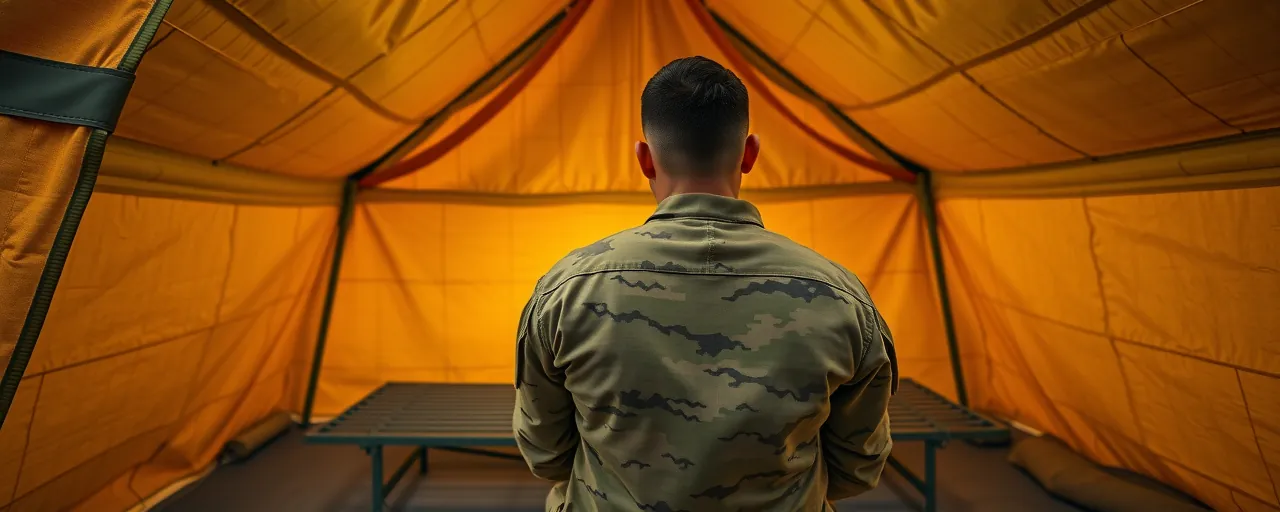A Fight for Every Voter’s Right
The Supreme Court’s decision to hear a Republican challenge to Illinois’s law, which counts mail ballots arriving up to two weeks after Election Day, hit like a sudden wake-up call. This law ensures ballots postmarked by Election Day remain valid, despite postal delays. For countless Americans, it’s a lifeline, guaranteeing their vote matters. Yet, some claim this flexibility undermines election integrity. I see it differently: this is about safeguarding democracy by ensuring every voice counts.
Picture a nurse working night shifts, mailing her ballot on time, only to have it tossed because it arrived late. Or a soldier overseas, whose vote is discarded due to slow international mail. Illinois’s law exists for them, protecting voters who face barriers beyond their control. The Court’s ruling in Bost v. Illinois could ripple across 18 states with similar laws, deciding whether millions can still participate in our democracy.
Voting access has surged since 2020, with over three-quarters of states passing laws like universal mail voting and same-day registration. These reforms have empowered young, rural, and marginalized voters. But opposition persists. Republican plaintiffs argue late ballots create inconsistent standards and weaken trust. Their stance overlooks the real obstacles voters face, prioritizing rigid rules over inclusion.
This case transcends Illinois. It’s a defining moment for democracy. Do we build a system that welcomes every eligible voter? Or do we enforce deadlines that exclude those who don’t fit a narrow ideal? Democracy flourishes when participation grows, not when we shrink the electorate.
President Trump’s March 2025 executive order, demanding proof-of-citizenship and uniform Election Day deadlines, casts a shadow over this case. It promises security and trust but risks sidelining military personnel, low-income voters, and anyone caught in postal delays. Why discard their votes for the sake of an inflexible standard?
The Case for Inclusion
The evidence is clear. Mail voting is secure, with fraud rates so low they barely register. Research shows no-excuse mail voting increases turnout, particularly for disabled and working-class voters. Illinois’s law, mirrored in 17 other states, respects the reality of postal delays. Ballots postmarked by Election Day reflect voter intent. Throwing them out because of external delays is fundamentally unfair.
History supports this view. Mail voting, born during the Civil War to include soldiers, has always been about access. The Voting Rights Act of 1965 and later absentee voting expansions advanced equity. Opponents of flexible deadlines claim they create uncertainty. Yet, states with late-arrival laws manage elections efficiently, using transparent processes that strengthen public confidence.
Compare this to restrictive trends elsewhere. Since 2020, 29 states have enacted 63 laws tightening voting rules, from stricter ID requirements to shorter ballot windows. States like Florida and Texas have curtailed access, disproportionately harming marginalized voters. These measures don’t bolster security; they limit participation. Why trust calls for ‘uniformity’ when their impact excludes so many?
Polarization fuels this divide. A 2025 survey revealed 83 percent of local leaders see national polarization as damaging to election trust. Nonpartisan officials are countering with public education and transparency initiatives to highlight mail voting’s reliability. Their efforts show trust comes from counting every vote, not enforcing arbitrary deadlines. Why reverse that progress?
Challenging the Counterarguments
Those challenging Illinois’s law argue a single Election Day deadline, backed by federal statutes like 2 U.S.C. § 7, ensures fairness and prevents vote ‘dilution.’ But this ignores the mechanics of mail voting, where delays are routine. A strict cutoff doesn’t promote equity; it penalizes voters for systemic issues they can’t fix.
Their push for federal standards also lacks consistency. Many who support Trump’s executive order champion state autonomy in other election rules, like voter ID or redistricting. If states can tailor those policies, why not ballot-counting windows? The contradiction suggests their goal isn’t uniformity but reducing voter turnout under the pretext of trust. Democracy thrives on participation, not exclusion.
Defending Our Democratic Future
The Supreme Court’s decision in Bost v. Illinois will shape voting access for years to come. A ruling against Illinois could spur more restrictions, shrinking who gets to vote. We must resist this. Every eligible voter deserves a voice, whether they vote early, on Election Day, or by mail. Flexible deadlines reflect the diverse realities of American life, strengthening our democracy.
Voting rights advocates are stepping up. Democratic attorneys general are defending late-arrival laws, while community leaders educate voters on their rights. Their work underscores that democracy requires collective effort. It’s about ensuring no one is excluded. Will we embrace that vision or let rigid rules silence millions?
I stand for a democracy where every vote is counted. Illinois’s law advances that goal. The Supreme Court has an opportunity to uphold inclusion, not just for Illinois but for the millions in 18 states watching. Let’s demand a system that prioritizes voters over bureaucracy, access over obstacles, and trust over fear. Our democracy’s future hangs in the balance.
